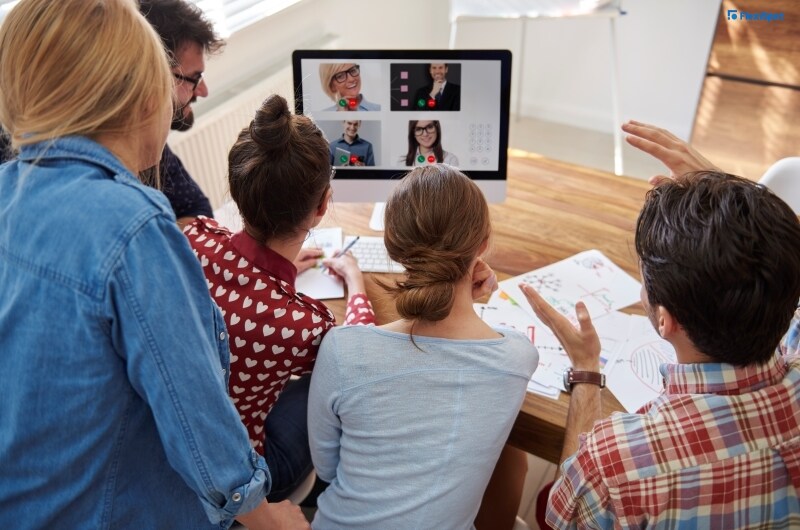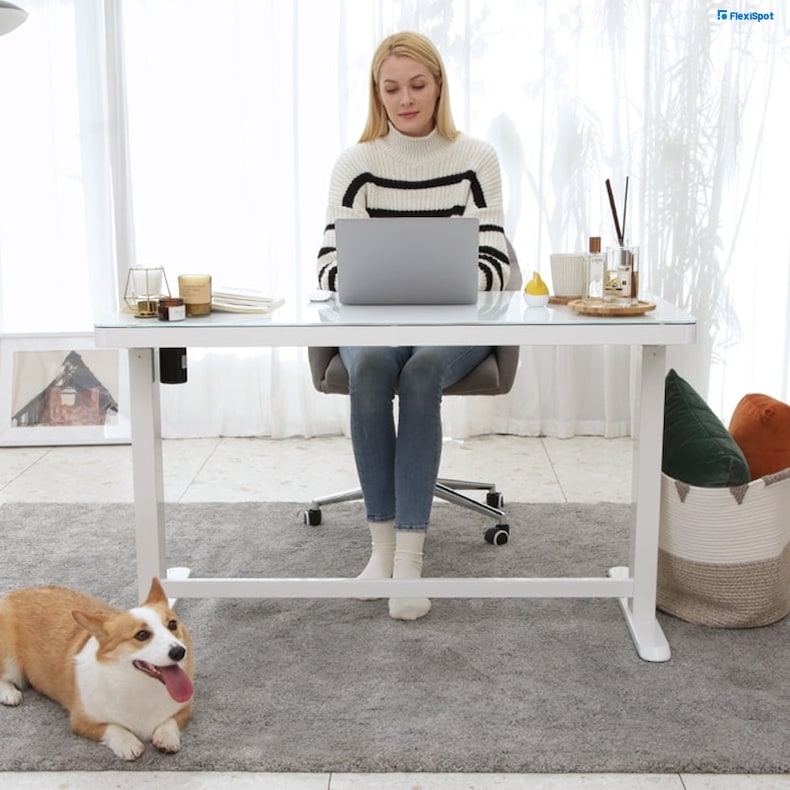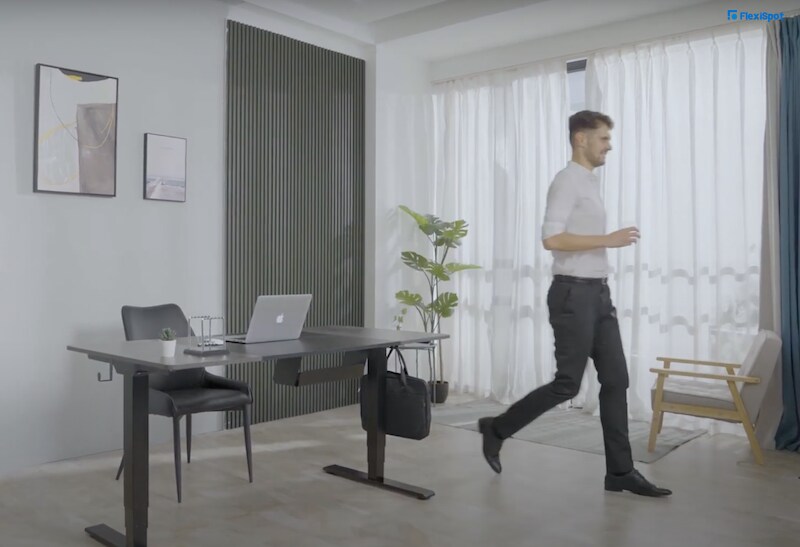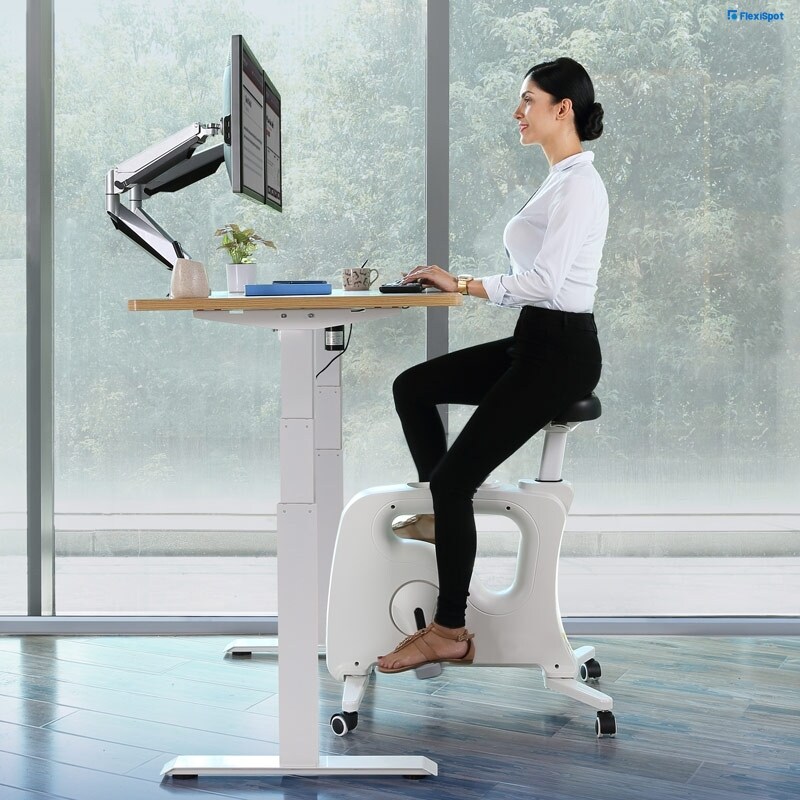Let's say you are the most responsible worker in the office, and recognized at that. Even then, you still have flaws. There was undoubtedly a day—or possibly a few days—when you griped about having to travel to and from work. Or perhaps you've complained about pointless meetings that consume time that could be spent completing work. Or perhaps you've already noticed how boring the office is and how they get more boring with time.
Naturally, businesses don't want their workers to be unmotivated or underproductive.
Then COVID-19 occurred, forcing staff to begin working remotely. Not needing to commute for the bulk of the week improved many experiences. It also meant that employers would have lesser running expenses or overhead. These businesses were compelled by COVID-19 to devise a method that will enable working remotely. Lockdowns kept happening one after another, forcing firms to operate from home.
Initially, before anyone understood the seriousness of COVID-19, everyone thought they would be able to return to work after a two to four-week lockdown. However, as the lockdowns continued, a discussion regarding the future of the work model began to take place.
Will individuals ever work remotely full-time? Or is it probable to combine the WFH and office working environments?
The advantages and disadvantages of a work-from-home setup as opposed to an office are outlined below.

Flexibility
As opposed to working in an office, there won't be a strict schedule when working from the comforts of your home. You don't have to start preparing yourself two hours before call time so there's no high need to set an alarm that early. Even if you have an early morning meeting, you don't even need to take a bath. You could basically work everywhere and everywhere, and you could eat lunch at any time of the day. As your workplace for the day, you might utilize your own bedroom, living room, dining room, and other areas.
The only issue with flexible scheduling is that it causes workers to lose focus on their objectives and in the process, they work longer hours.

Communication Method
Many people prefer face-to-face interactions above other forms of communication. If it's an internal meeting held at the office, this is simple to accomplish. In fact, networking possibilities can be created while working in an office. We seek the attention and consideration that an office setting may provide since we are social beings. Nonverbal indicators are more visible when the meetings are conducted in person, being that 93 percent of communication is nonverbal, with body language accounting for 55 percent and voice tone for 38 points. Many people, both employers and employees, think that online video conferences, although convenient could not compare to an in-person board meeting.
People stopped sending their staff to the offices once they realized that internet video conferences could be set up. However, in practice, communication naturally occurs in a variety of ways. This implies that a WFH setup could lead to a backlog of emails, Slack conversations, and camera-on video sessions. At this state of the world where COVID-19 is widely treated as a common flu, informal in-person interactions are still more preferable.

Work Dynamics or Environment
Compared to conventional workstations, home workspaces are very configurable. You truly have little choice in the matter; you must put up with every single one of your co-workers, despite their unpleasant tics. You can't truly request that the air conditioner be turned off or that your desk be changed if the tables of your co-workers in the same row are still the same.
You get to decide what furniture will go and won't go in your home. By investing in ergonomic furniture from companies like FlexiSpot, you can make it as comfortable as possible. You can look at their monitor mounts, under-desk accessories, storage options, standing desk converters, standing desks, and more.
Why not enjoy comfort and be productive while working from home when all of these are intended to enhance the lives of its most devoted customers.

Public Transit
Since they don't have to make the lengthy commutes in the morning to get to work and during the afternoon to get home, many employees opt to have the work-from-home setup. Let's say, you're the employee and your daily commute probably takes up two hours of the day on average. You might get really annoyed by this while there are others who can make this time as productive as they can. You can follow their lead and use it to telecommute, which is working on your phone, checking your email or other messaging apps.
Some people want to work from home so they may spend more time with the people they love because they detest the traffic or the early morning wake-up calls.
Why not enjoy comfort and be productive while working from home when all of these are intended to enhance the lives of their most devoted customers.

Budget
Businesses employing remote employees won't require office space rental. In addition, money would be saved by not needing to pay for utilities like water and electricity bills. As a result, costs will be kept to a minimum. Coffee, lunch, and afternoon breaks won't cost too much for the staff. They do not have to spend money on business attire and makeup in addition to daily transportation costs. Less chances will exist for people to go out and throw money away.
However, keep in mind that purchasing furniture is an initial expense while working from home. Additionally, you will need to spend extra for electricity and even upgrade your wireless broadband connection.

Productivity
Many claim that at home, they are far more productive. This is so they can spend less time on things like office gossip, pointless meetings, and public transportation.
Some people assert that they are significantly more productive at working in the office space. A boss is on duty to make rounds and they are kept away from TVs and comfy beds that would distract them to take time off from work that hasn't been finished yet.
So which for you is better? While this is becoming an old topic to discuss, most companies are still figuring out what setup works best for their business
